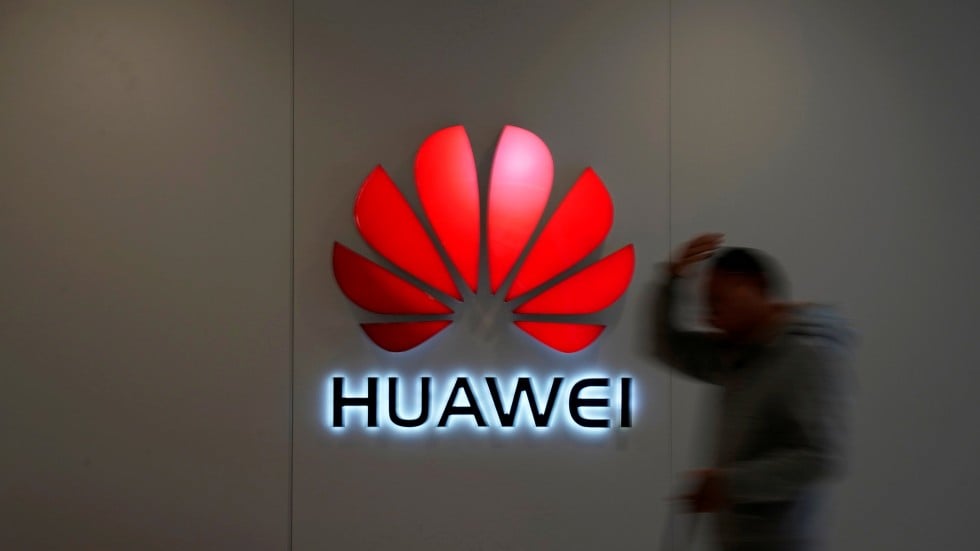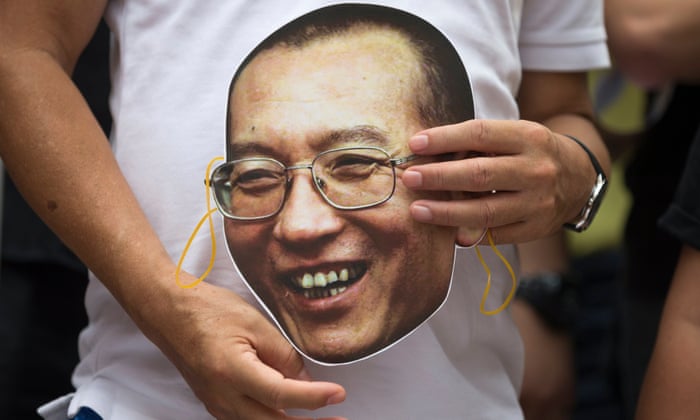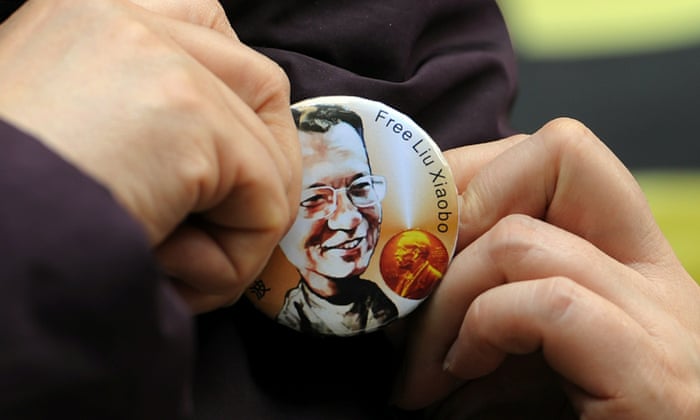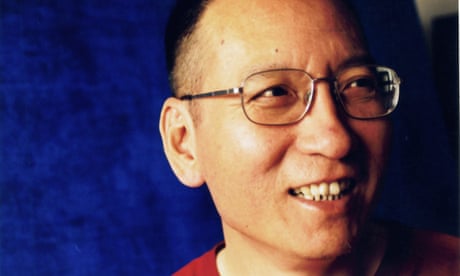South Korea is the latest to suffer from a hostile campaign backed by Beijing, but do such sanctions work in changing policy?
By Ben Bland, Tom Hancock and Bryan Harris

Jeju used to bristle with Chinese tourists who flocked to the South Korean island to enjoy its beach resorts and rugged landscape.
But an industry set up to serve Chinese consumers shrivelled up almost overnight in March after Beijing stopped travel agencies from sending groups to South Korea in retaliation at Seoul’s decision to deploy a US missile defence system to protect itself against unpredictable North Korea.
The number of daily visitors from China dropped to 1,000 from more than 7,500 days earlier, according to official figures.
The situation is similar in Seoul, where shopping areas once popular with Chinese tourists are deserted.
“Since March 15, I haven’t seen a single Chinese person come to our shop,” says one salesperson. Another adds: “The company is forcing us to take unpaid leave simply because of the declining number of Chinese tourists.”
The impact has not just been felt by retailers and hotels.
Korean carmakers have also been badly hit.
Hyundai reported that sales in China, the world’s biggest automobile market, were down 14 per cent year on year in the first quarter, while Kia’s sales slid 36 per cent, even as the overall market in the country grew 4 per cent over the same period.
China has been implementing such boycotts against its foes for more than 100 years and it knows how to make them hurt economically and politically.
 Tourist information helpers in Seoul. Chinese-speaking tourist guides have seen their work dry up as visitor numbers have plummeted.
Tourist information helpers in Seoul. Chinese-speaking tourist guides have seen their work dry up as visitor numbers have plummeted.
Controlling access to China’s vast market gives
Xi Jinping and the ruling Communist party tremendous leverage over trading partners and allows them to signal their nationalist credentials to the domestic audience.
But Beijing must play a delicate balancing act to ensure that its embargoes neither damage the Chinese economy nor unleash forces of jingoism and protest that could threaten one-party rule.
Japanese carmakers, Philippine banana farmers and Taiwanese tourism workers have all previously been on the wrong end of hostile campaigns instigated to varying degrees by Beijing and the Communist party-controlled media.
Foreign diplomats and executives dread the accusation of having “upset the feelings of the Chinese people”, the Communist rhetoric often used to trigger an embargo.
Their fears are heightened by China’s growing economic might, the strident nationalist tone adopted by Xi and the fact that consumers are easily marshalled on social media sites such as Weibo and WeChat.
The results can be devastating, with cars smashed up, factories attacked and years of effort to crack one of the world’s biggest markets undone overnight.
“For foreign companies, there’s very little they can do to protect against this kind of politicised action, except lobbying domestically for maintaining strong relations with China,” says
Duncan Innes-Ker, a China analyst at the Economist Intelligence Unit.
The history of the Chinese boycott predates the word itself, which came from 1880s Ireland, and it is a story that encompasses patriotism, anti-colonialism, economic rivalry and occasional outbreaks of violence.
In 1905, US President
Theodore Roosevelt called for reform of a discriminatory law restricting Chinese immigration after an “especially injurious” boycott of US cotton.
“It is short-sighted indeed for us to permit foreign competitors to drive us from the great markets of China,” he warned.
 A US intercept test using the THAAD missile defence system.
A US intercept test using the THAAD missile defence system.
China’s role in the global economy as a manufacturer and end-market is now far more significant. And Beijing’s grip on the economy, through state-owned enterprises and leverage over private sector businesses, is powerful.
So for many countries and companies, Roosevelt’s warning about the risk of upsetting China resonates more than ever.
Yet China’s economic integration also acts as a restraint.
South Korea is the biggest supplier of imports to China and its fourth-biggest export market.
Like Japan, which has often suffered from Beijing’s embargoes,
South Korea provides many high-technology components and machines to drive the Chinese manufacturing industry.
“This economic retaliation will also harm Beijing’s interests as China imports intermediate Korean goods to finish manufacturing and sell on to other markets,” warns
Kim Tae-hwan, an official at the Korea Federation of Small and Medium-Sized Enterprises.
“Korean companies also employ many Chinese workers.”
***
While Japan earned Chinese ire in recent years for opposing Beijing over disputed islands in the East China Sea, South Korea seemed to have pulled off a delicate balancing act by deepening its investments in China even while hosting a large contingent of US troops.
But that all changed with the decision last year to deploy the Terminal High Altitude Area Defence platform, a US missile defence system, to shoot down North Korean missiles.
Beijing was deeply angered by the move, which it fears could enhance US security architecture in the region and lead to greater surveillance of its own activities.
US forces said on Tuesday that Thaad had gone into operation.
China’s response to Thaad evolved gradually.
Initially Beijing targeted specific South Korean companies over health and safety issues.
But its position hardened as it became clear that Seoul would push ahead with the deployment.
Goods were held up at customs.
Employees at Korean companies were harassed.
Lotte, the South Korean retail group, was particularly hard hit, with 87 of its 99 Chinese stores closed because it had handed over a golf course to Seoul to assist the Thaad deployment.
 A protest calling for the boycott of South Korean goods in Jilin, north-eastern China, earlier this year.
A protest calling for the boycott of South Korean goods in Jilin, north-eastern China, earlier this year.
The retaliation became blatant only when the US began installing the first parts of the missile battery in March.
Wang Yi, China’s foreign minister, warned that South Koreans “will only end up hurting themselves”.
South Korea complained to the World Trade Organisation that China “may be in violation of some trade agreements”.
But Seoul is caught between its military and ideological alliance with the US and its commercial and economic ties with China, its largest trading partner.
The situation has been complicated by the ousting in March of president
Park Geun-hye.
Moon Jae-in, the leading contender in next week’s presidential election, is sympathetic to China and has long expressed reservations about the missile shield.
In a debate, he called on Beijing to “immediately stop” its boycott but added that Seoul should “make diplomatic efforts to persuade China”.
The campaign against South Korea has been driven by Beijing with the help of state media, which have unleashed a barrage of stories condemning the missile system and suggesting it is part of a US plot to contain China’s rise.
But, as with previous boycotts, local authorities fear protests may get out of hand.
After demonstrators outside a Lotte store in the southern province of Hunan smashed up a South Korean car in March, local police told residents that vandalism was illegal and called for “rational patriotism”.
“The tensions between the state and popular nationalism are at least 100 years old,” says
Robert Bickers, author of
Out of China, a book on Chinese nationalism.
“Sometimes the government is trying to agitate, sometimes it is trying to keep people in check and at other times it is taken completely by surprise.”
Kaiser Kuo, a Chinese-American cultural commentator and former executive at technology group Baidu, has suggested that the country’s leaders are standing “over the fire pit of nationalism with a fan in one hand and a hose in the other”.
“They can whip up the flames to intimidate, or to point to during a negotiation so their choices appear constrained by a loud domestic constituency,” he wrote in a recent essay.
“But with the hose they can also keep that fire from leaping out and burning down the valuable surrounding countryside.”
***
Economists and investors have long debated the effectiveness of boycotts.
In his 1933 Study of Chinese Boycotts,
CF Remer, a professor of economics at the University of Michigan, argued they had a strong “psychological” impact on the target nation, even if China also suffered economic blowback.
“Boycotting by a single nation is like the labour strike,” he wrote.
“The threat to strike is powerful; the strike itself is likely to be costly and inefficient.”
More recent research points to a significant initial impact, followed by a later recovery in trade, suggesting that orders are delayed rather than cancelled for good.
In some cases, the embargoes fizzle out as the news agenda moves on.
In others, lengthy negotiations are necessary to mend ties.
Andreas Fuchs, an economics researcher at Heidelberg University, has found that countries tend to experience a temporary drop in exports to China if their governments meet the
Dalai Lama, the Tibetan Buddhist leader seen by Beijing as a dangerous separatist.
 A Chinese marine surveillance ship monitors a Japanese fishing boat off Uotsuri island, one of the disputed islands in the East China Sea.
A Chinese marine surveillance ship monitors a Japanese fishing boat off Uotsuri island, one of the disputed islands in the East China Sea.
The pattern was similar for the 2012 boycott of Japanese products.
Kilian Heilmann, a researcher at the University of California, San Diego, found that Japanese car exports to China tumbled 32 per cent, or $1.9bn, in the 12 months after the boycott launched in September 2012 in response to Tokyo’s purchase of the Senkaku islands
But trade returned to normal levels the next year.
Such recoveries beg the question of whether these boycotts are successful in changing the policy of foreign governments.
There have certainly been some big victories for China in recent years.
British investors successfully lobbied the UK government not to receive the
Dalai Lama again after they were cold-shouldered by Chinese officials when
David Cameron, then prime minister, met the spiritual leader in 2012.
Beijing had cancelled numerous meetings with UK ministers and investment deals were put on hold until it was clear that the meeting would not be repeated.
Norway had to go through years of talks and pledge to attach “high importance to China’s core interests and major concerns” last year in order to re-establish ties, after Beijing had punished Oslo over the 2010 decision by an independent group appointed by Norwegian politicians to award the Nobel Peace Prize to dissident
Liu Xiaobo.
“The Chinese government can effectively use economic sanctions to affect the foreign policy positions of democratic governments, with potentially chilling effects for international progress on human rights,” argued
Ivar Kolstad, the economist, in a paper for Norwegian think-tank CMI.
He calculated that the dispute cost Norway $780m to $1.3bn in exports and concluded that China had become “too big to fault”.
Philippines President
Rodrigo Duterte took a similar view, reversing the confrontational stance of his predecessor over the South China Sea disputes in the hope of winning economic concessions from Beijing.
***
Rory Medcalf, head of the National Security College at Australian National University, is urging countries to fight back against Beijing’s attempts to push the narrative of Chinese economic power with a more nuanced analysis of its actual influence.
“China has done extremely well at exploiting the shadow of its growth,” he says.
“There’s a myth in Australia that our economy is completely dependent on China’s demand for our mining exports.”
China is the biggest market for Australian products, accounting for 27.5 per cent of exports, much of that iron ore and coal.
Yet unlike other developed economies, including South Korea and Singapore, trade is less important to Australia, so those exports add up to just over 5 per cent of gross domestic product.
Japan, the most frequent target of Chinese boycotts, is adapting to offset potential damage.
“After the 2012 protests, many Japanese companies realised that our position in China would remain precarious, which has accelerated our move into other, friendlier markets like Southeast Asia,” says an executive from a Japanese manufacturer in Indonesia.
While different countries have varying degrees of exposure to Chinese economic pressure, Prof Bickers says the threat for all will continue to grow in line with Beijing’s increasing projection of its political and military might and the Communist party’s fears of losing power.
“We are entering a new phase with a successfully assertive China in the South China Sea,” he adds. “When Xi’s line on the rejuvenation of China comes together with China’s insecurity, I do worry very much.”
Action and reaction
1843 Shanghai landlords refuse to rent properties to foreigners in opposition to the Nanking Treaty which ended the first opium war the previous year and forcibly opened China to more international trade
1884 Chinese dock workers in Hong Kong refuse to service French ships, in opposition to the Sino-French war, leading to a general strike and violent clashes with police
1905 Worldwide boycott of US products by Chinese merchants in opposition to discriminatory laws in the US. Action was taken by Chinese communities from Shanghai to Singapore and San Francisco.
1925-26 Strikes and boycotts in Hong Kong cripple British trade as part of the anti-imperialist May Thirtieth Movement, after colonial police in Shanghai open fire on protesters
1930-32 The Kuomintang government leads boycotts of Japanese goods, as tension rises ahead of Japan’s invasion of Manchuria in 1931
1946 Huge rallies and anti-US boycotts are staged after the alleged rape of a Peking University student by two US marines. The communists use the incident to rally opposition to the US-backed Kuomintang, which it defeats in 1949
1999 Protests break out after the US bombs the Chinese embassy in Belgrade, killing three Chinese journalists. Washington’s ambassador to Beijing is trapped for several days as mobs attack US diplomatic facilities
2010 China blocks exports of rare earths, vital for the electronics industry, to Japan after clash between a Chinese fishing boat and a Japanese coast guard in the East China Sea
2010 China punishes Norway over the award of the Nobel Peace Prize to dissident Liu Xiaobo.
2012 Demonstrations break out after an escalation of the Senkaku islands dispute. Protesters smash up Japanese cars and attack Japanese factories and shops selling Japanese goods
2016-17 China takes action against South Korean businesses because of its opposition to Seoul’s US missile defence shield.









































_interceptors_is_launched_during_a_successful_intercept_test_-_US_Army.jpg/1200px-The_first_of_two_Terminal_High_Altitude_Area_Defense_(THAAD)_interceptors_is_launched_during_a_successful_intercept_test_-_US_Army.jpg)